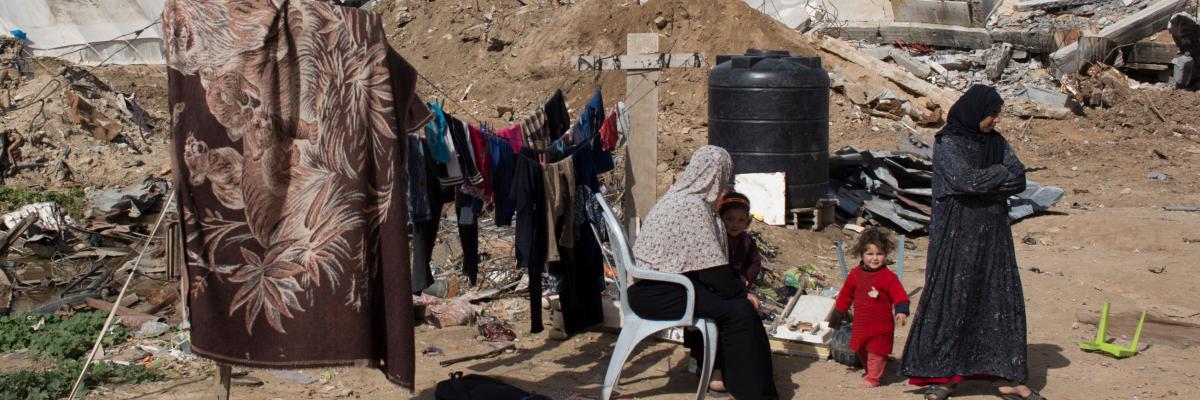International law prohibits disproportionate casualties for individual attacks in war. However, it fails to govern civilian deaths that accumulate through many attacks, over time. In addition, international law does not recognise the indirect effects of prolonged exposure to conflict, such as infrastructure collapse, societal trauma, or socio-economic decline.
A new UKRI-SBE £1.5m project will bring together an international and interdisciplinary team of legal and international relations experts to address this legal "blind spot". The team will develop a robust legal and policy framework to restrict both these types of cumulative civilian harm. Researchers across three continents and five institutions - the University of Essex (lead institution), the University of Oxford, Georgetown University, Duke University, and the Israel Democracy Institute – will:
- demonstrate that this dual legal blind spot exists,
- show how it hampers military and political decision-making,
- explain how it devastates civilian populations, and
- fix the problem with a framework for assessing and restricting cumulative civilian harm, designed to have lasting impact.
The framework will effectively guide military and political decision-makers in reducing cumulative civilian harm in war. It will therefore better protect civilians than current guidance.





